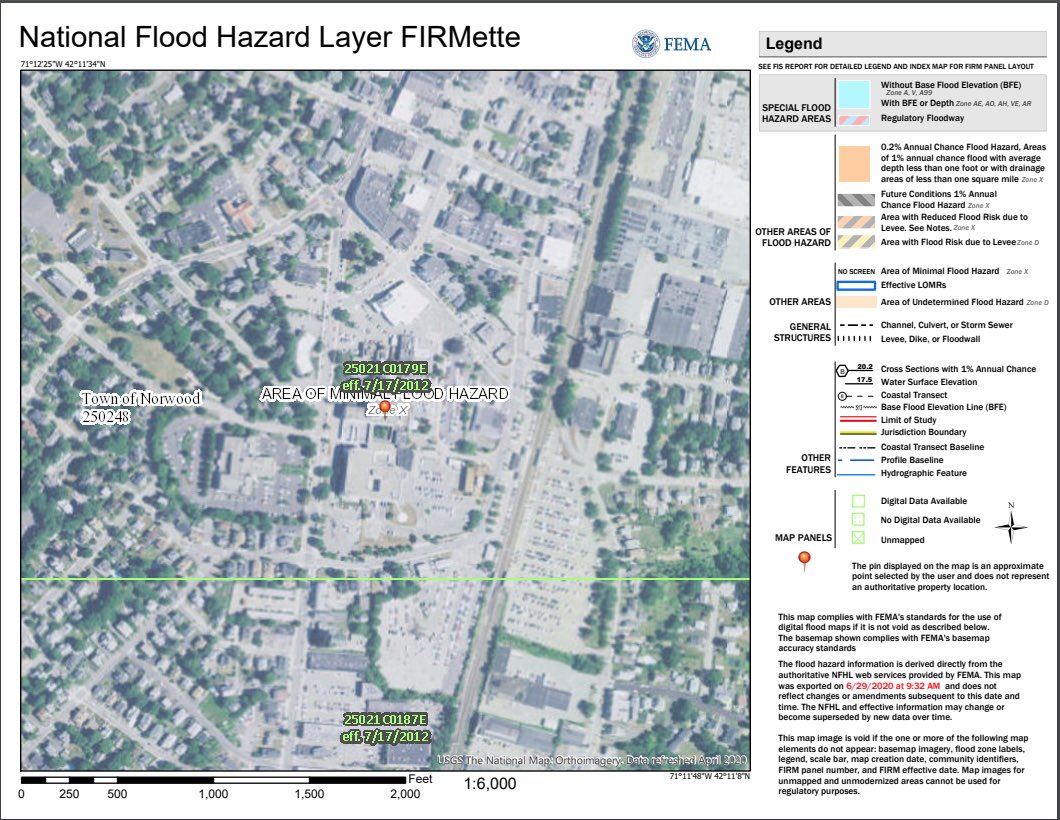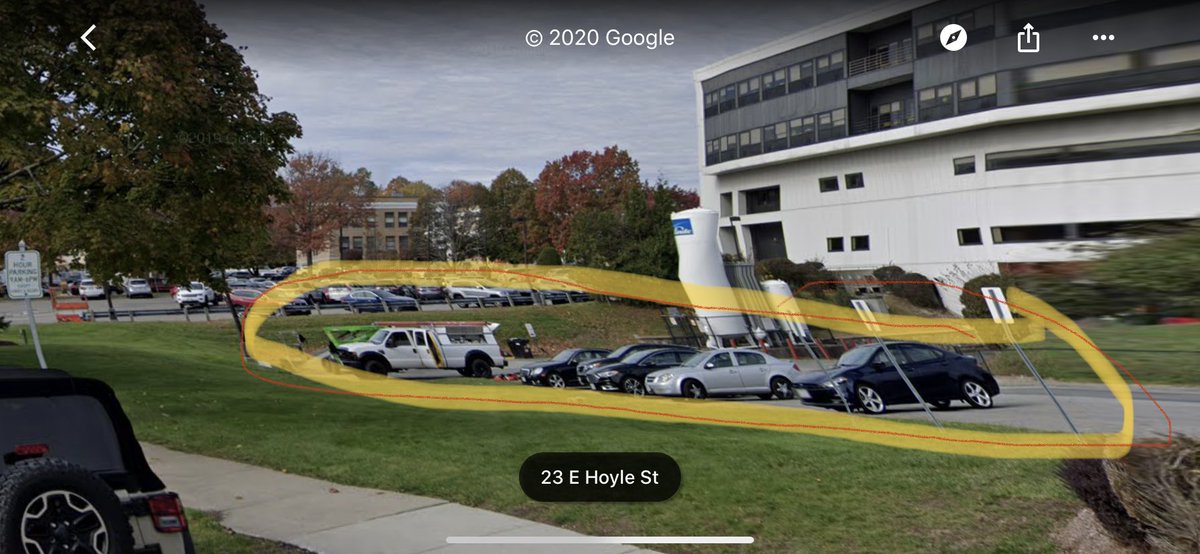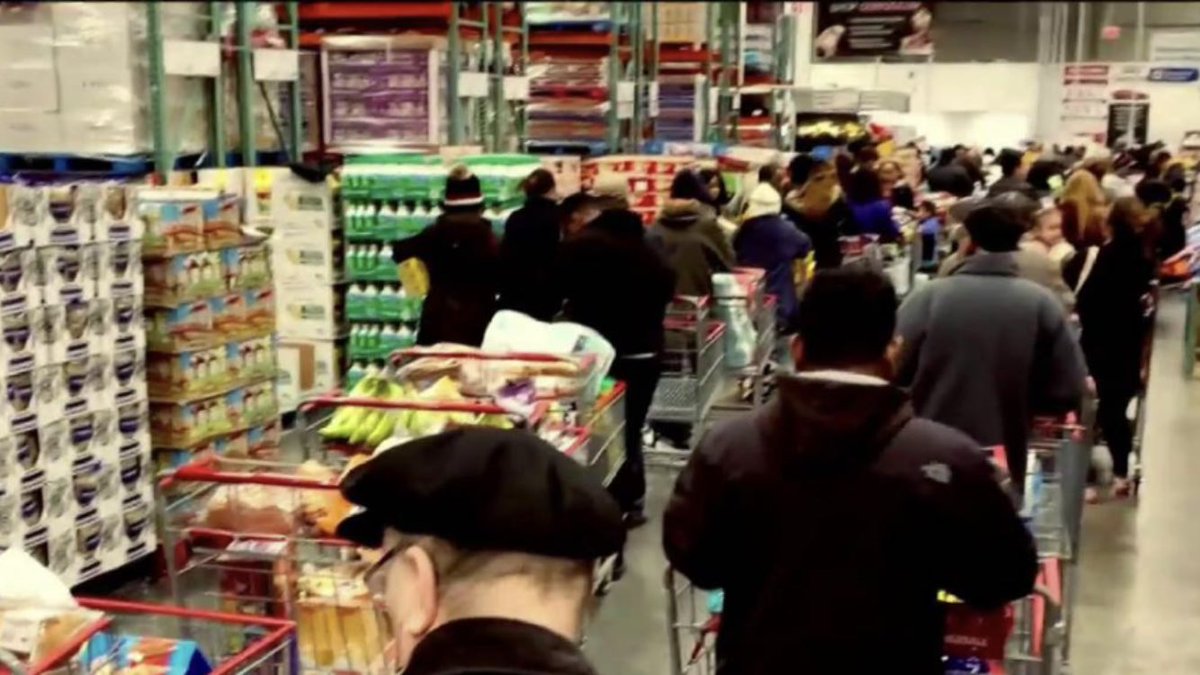‼️ Concerning paper from Cornell about our global carbon sink - here is a 🧵on the findings:
The average CO2 growth rate during 2013-2022 was 2.42 ± 0.08 ppm per year.
In 2023, it increased to 3.37 ± 0.11 ppm per year at the Mauna Loa station (MLO) and 2.82 ± 0.08 ppm per yr 1/
The average CO2 growth rate during 2013-2022 was 2.42 ± 0.08 ppm per year.
In 2023, it increased to 3.37 ± 0.11 ppm per year at the Mauna Loa station (MLO) and 2.82 ± 0.08 ppm per yr 1/
The OCO-2 satellite observations showed a growth rate of 3.03 ± 0.14 ppm per year.
The higher MLO growth rate compared to MBL in 2023 indicates a potential CO2 source anomaly in the tropics.
2/
The higher MLO growth rate compared to MBL in 2023 indicates a potential CO2 source anomaly in the tropics.
2/
Emissions increased by 0.1 to 1.1% in 2023 relative to 2022, which only partially explains the growth rate anomaly.
This suggests that natural carbon sinks in the land and oceans were significantly reduced in 2023. 3/
This suggests that natural carbon sinks in the land and oceans were significantly reduced in 2023. 3/
Global temperatures in 2023 were 0.6°C above the 1991-2020 average and 1.48°C above pre-industrial levels.
Extreme summer temperatures and droughts in the northern mid-latitudes contributed to weaker carbon sinks.
4/
Extreme summer temperatures and droughts in the northern mid-latitudes contributed to weaker carbon sinks.
4/
Record boreal forest fires in Canada in 2023 contributed significantly to CO2 emissions.
The transition from La Niña to a moderate El Niño in 2023 influenced carbon sinks, with La Niña generally enhancing and El Niño reducing them.
5/
The transition from La Niña to a moderate El Niño in 2023 influenced carbon sinks, with La Niña generally enhancing and El Niño reducing them.
5/
Low water storage on land, particularly in the Northern Hemisphere, stressed plant systems and further reduced carbon uptake.
The Amazon experienced extreme drought, contributing to a significant drop in carbon sink.
6/
The Amazon experienced extreme drought, contributing to a significant drop in carbon sink.
6/
A combination of dynamic global vegetation models (DGVMs) and high-resolution atmospheric inversions using OCO-2 data provided insights into regional CO2 flux anomalies.
The ocean carbon sink showed an increase, primarily due to changes in the Pacific and Southern Oceans 7/
The ocean carbon sink showed an increase, primarily due to changes in the Pacific and Southern Oceans 7/
Extremely hot grid cells (above the 95th percentile of temperature anomalies) contributed to a gross carbon loss of -1.73 GtC per year globally.
These cells covered only 8.61% of the land area but had a disproportionate impact on reducing carbon uptake. 8/
These cells covered only 8.61% of the land area but had a disproportionate impact on reducing carbon uptake. 8/
The record weak land carbon sink in 2023 despite a moderate El Niño suggests potential future challenges in maintaining carbon sinks under continued warming.
9/
9/
Urgent actions are needed to enhance carbon sequestration and reduce greenhouse gas emissions to mitigate the impact of natural CO2 sinks weakening. 10/Fin
• • •
Missing some Tweet in this thread? You can try to
force a refresh








